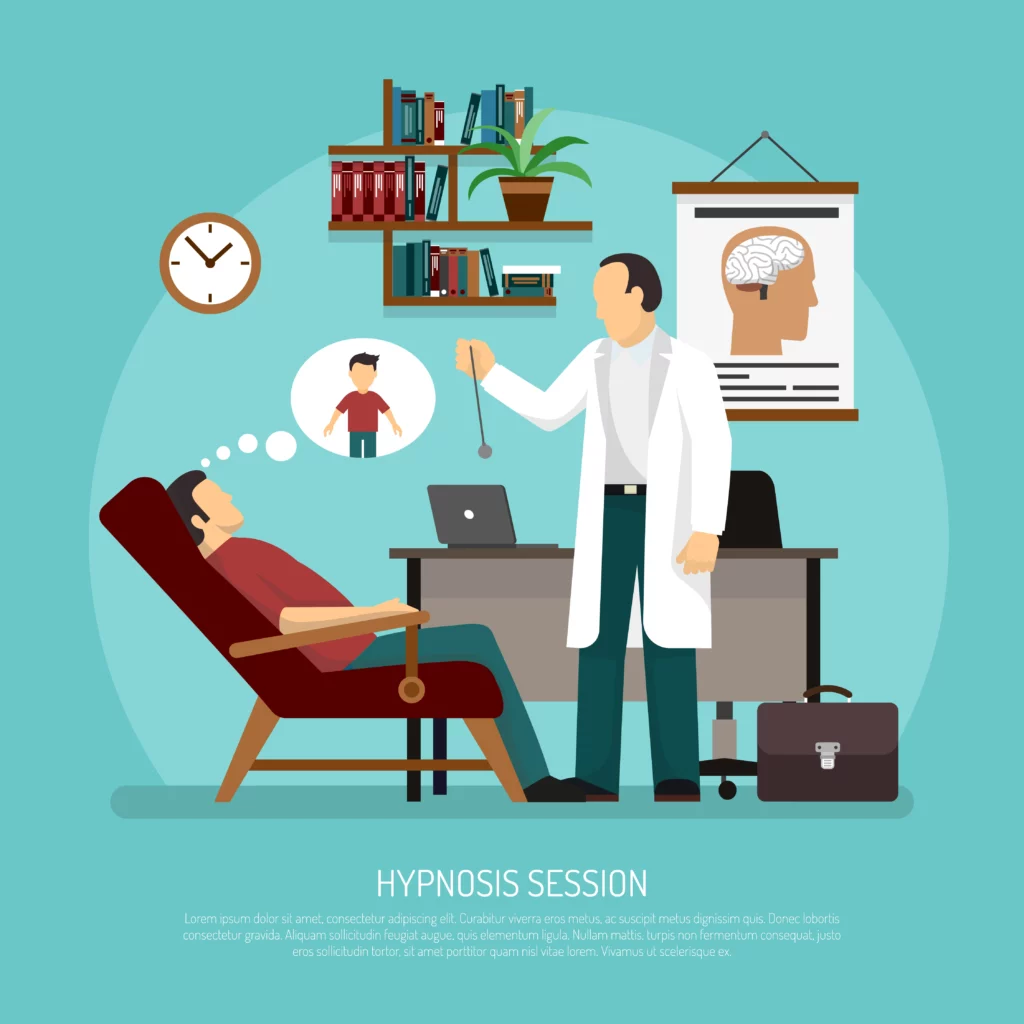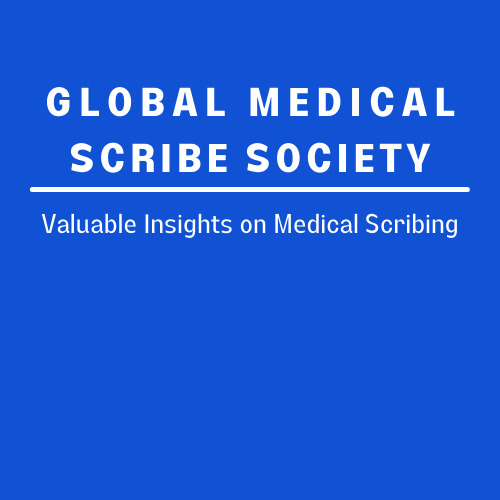
Psychiatry medical scribe
Accurate and thorough documentation plays a crucial role in the field of mental health services. Detailed notes are essential for mental health professionals to accurately diagnose and treat patients. Typically, psychiatry notes are in a narrative style, providing a clear picture of the patient’s condition and history. However, psychiatrists often find it challenging to balance note-taking with spending ample time on patient care. The problem is, patients do not always disclose their story or talk about their symptoms openly. The psychiatrist should make every single effort to extract the necessary and relevant information for a perfect diagnosis. While typing notes during patient interactions may seem time-efficient, it can result in missing out on crucial details. Therefore, instead of splitting their attention between patients and documentation Psychiatrists can benefit from hiring psychiatry virtual scribes to assist them in documenting encounters in real-time.
The Need for Scribes in Psychiatric Practice
Being a psychiatrist entails dealing with a lot of patient interactions and emotionally charged sessions. Throughout the day, they listen to patients discuss their problems, behaviors, feelings, thoughts, and relationships. During a patient’s visit, psychiatrists must review medical history, assess symptoms, conduct psychological evaluations, and simultaneously take notes. This balancing act of attentively listening to patients, asking pertinent questions, and documenting in the EHR can be overwhelming. Struggling with both tasks may hinder patients from feeling safe, secure, and fully heard which can impact the accuracy of their diagnosis and the effectiveness of treatment. By hiring Psychiatry medical scribe, psychiatrists can alleviate the documentation burden, enabling them to focus on building a trusting relationship with patients, thus encouraging open and honest communication.
Psychiatric Documentation Requirements and the Role of Scribes in Protecting Providers and Patients
In the realm of behavioral health, documentation must adhere to specific standards to avoid allegations of negligence. Psychiatrists bear the personal responsibility of documenting in a manner that complies with regulatory requirements, safeguarding them from the risk of legal proceedings. Accurate and complete documentation is essential for making the perfect diagnosis and developing an effective mental health treatment plan. The role of a psychiatric medical scribe is to capture precise and detailed documentation of the psychiatric assessment. With the assistance of a scribe, psychiatrists need not split their focus between the EHR and the patient, mitigating the risk of missing crucial details. Given that many medical negligence lawsuits stem from documentation errors, omissions, or misdiagnoses, hiring a medical scribe becomes an integral part of protecting both patients and providers.
Benefits of Hiring Scribes for Psychiatric Practice
In recent years, the landscape of mental healthcare has evolved, requiring psychiatrists to be more efficient in providing exceptional care to individuals with mental health and behavioral challenges. Scribes prove to be beneficial in behavioral healthcare, reducing the documentation burden on psychiatrists without compromising the quality of care provided. A web-based survey that evaluated the effectiveness of scribes in a psychiatric practice identified three significant benefits of working with scribes:
1. Active Listening: Psychiatrists can engage in face-to-face interactions with patients without the distraction of navigating and documenting in the EHRs.
2. Extra Focus: Having the support of a scribe allows psychiatrists to dedicate more time to asking questions, thoroughly understanding patients’ concerns, and making thorough mental status examinations.
3. Reduced Stress: Scribes handling patient documentation means no more spending extra hours after shifts or during weekends to catch up on pending charts.
Overall, satisfaction rates among psychiatrists who participated in the psychiatric scribe pilot program were remarkably high, with improved productivity and provider experience being standout results.
Conclusion
Accurate documentation in mental health services is vital for providing quality care and ensuring patient safety. The integration of psychiatric virtual scribes offers psychiatrists the opportunity to focus on patient care without compromising documentation quality. By enabling active listening, reducing stress, and enhancing focus, scribes play a pivotal role in maximizing efficiency and improving patient outcomes in a psychiatric practice.
